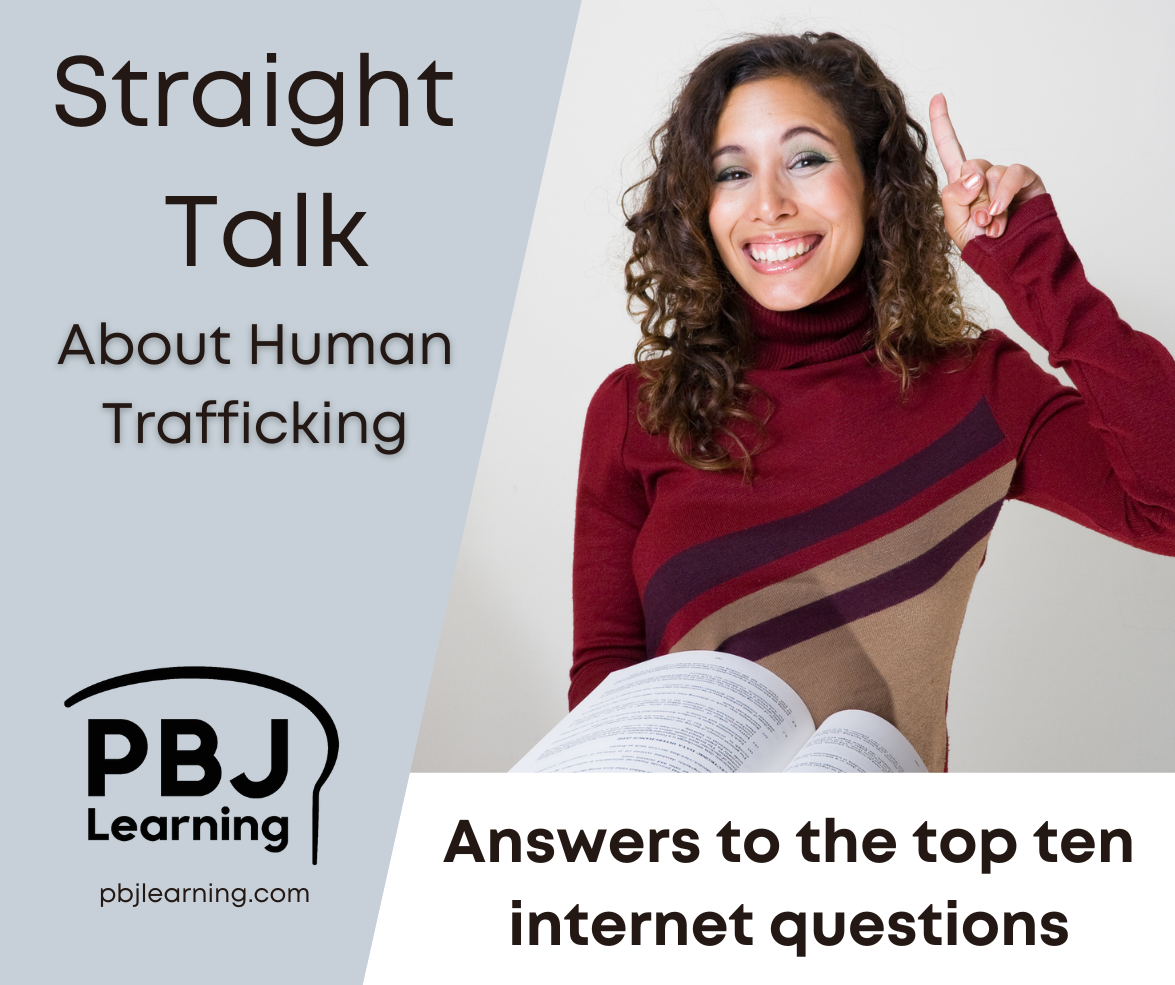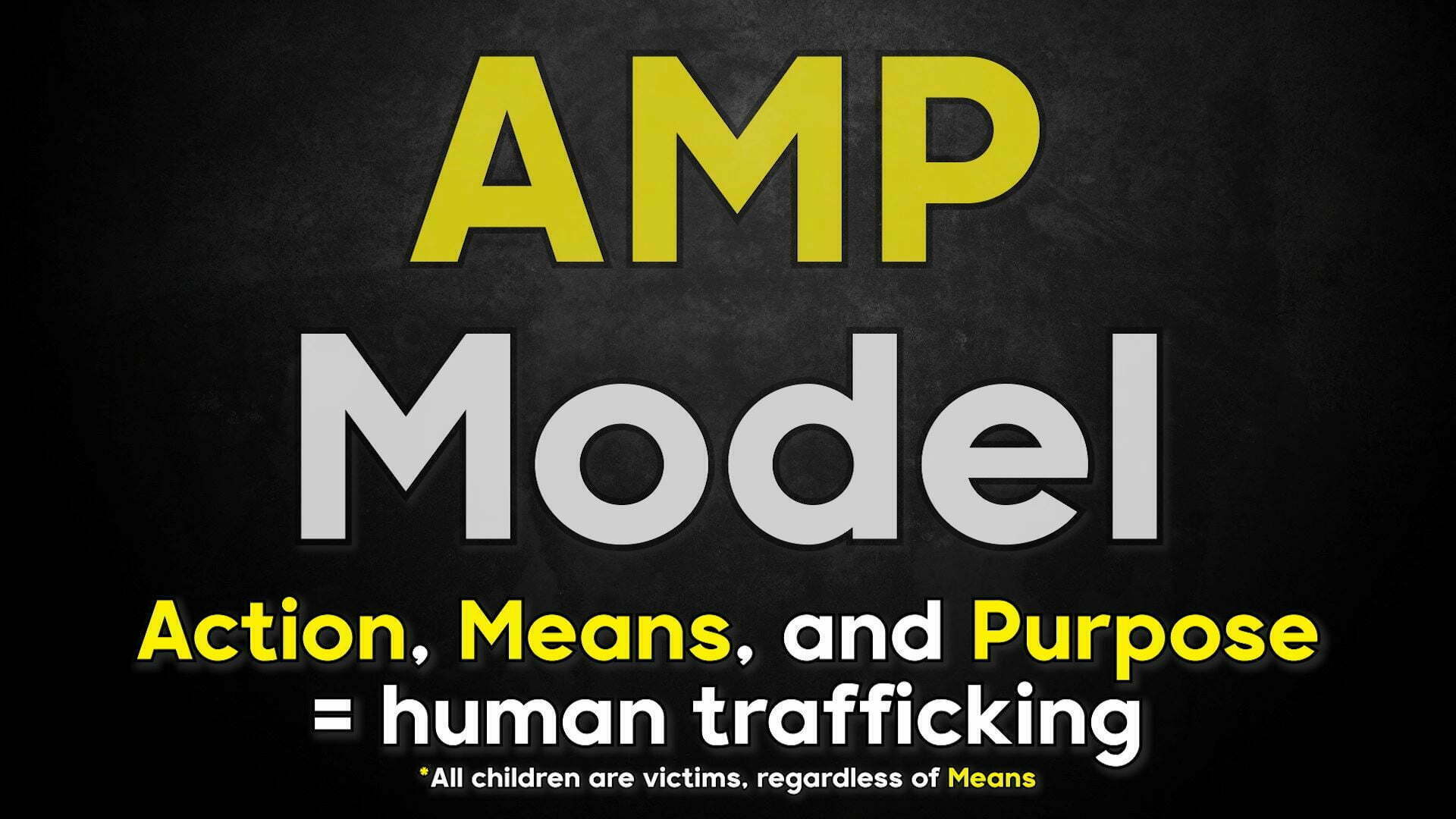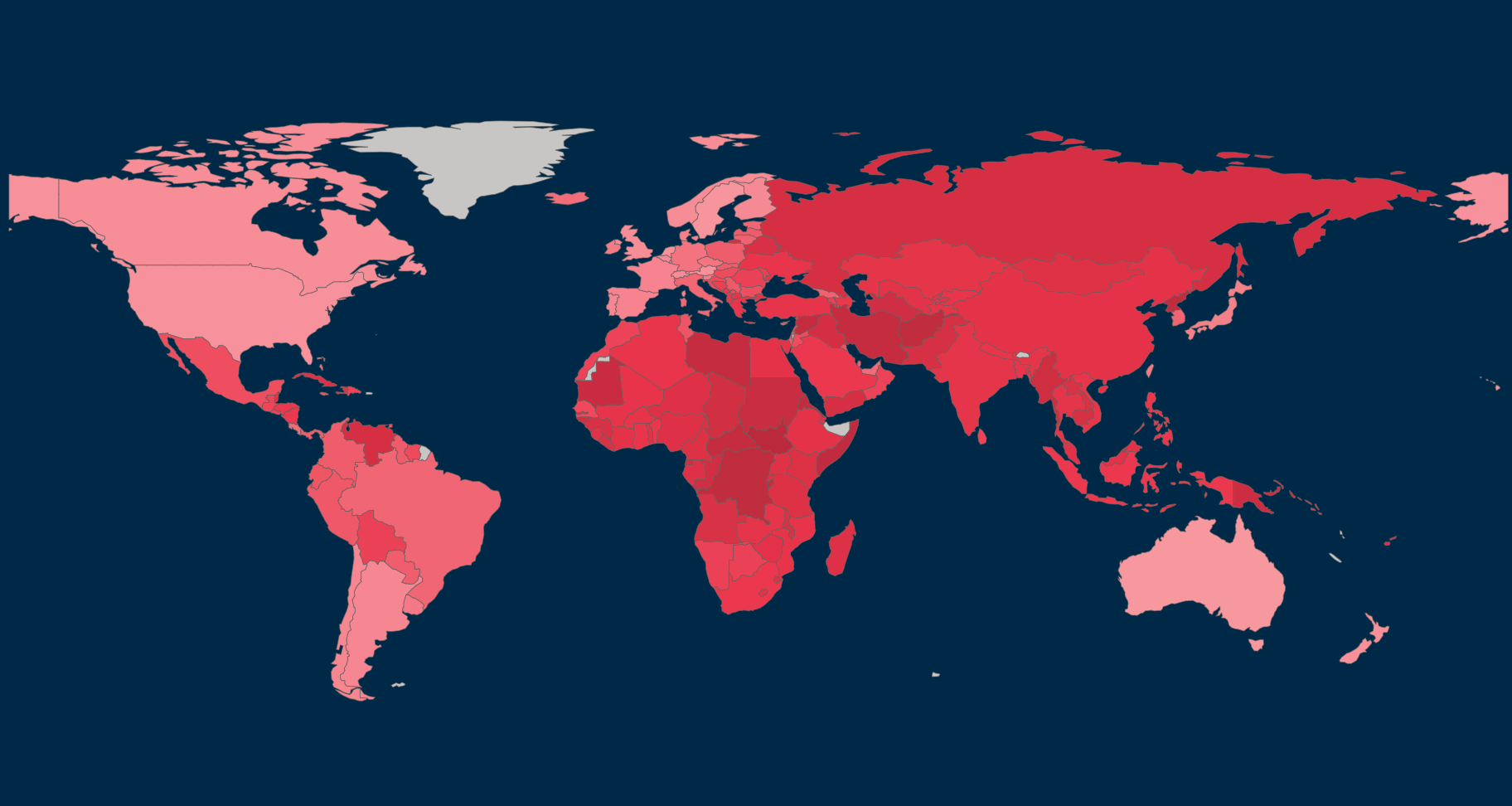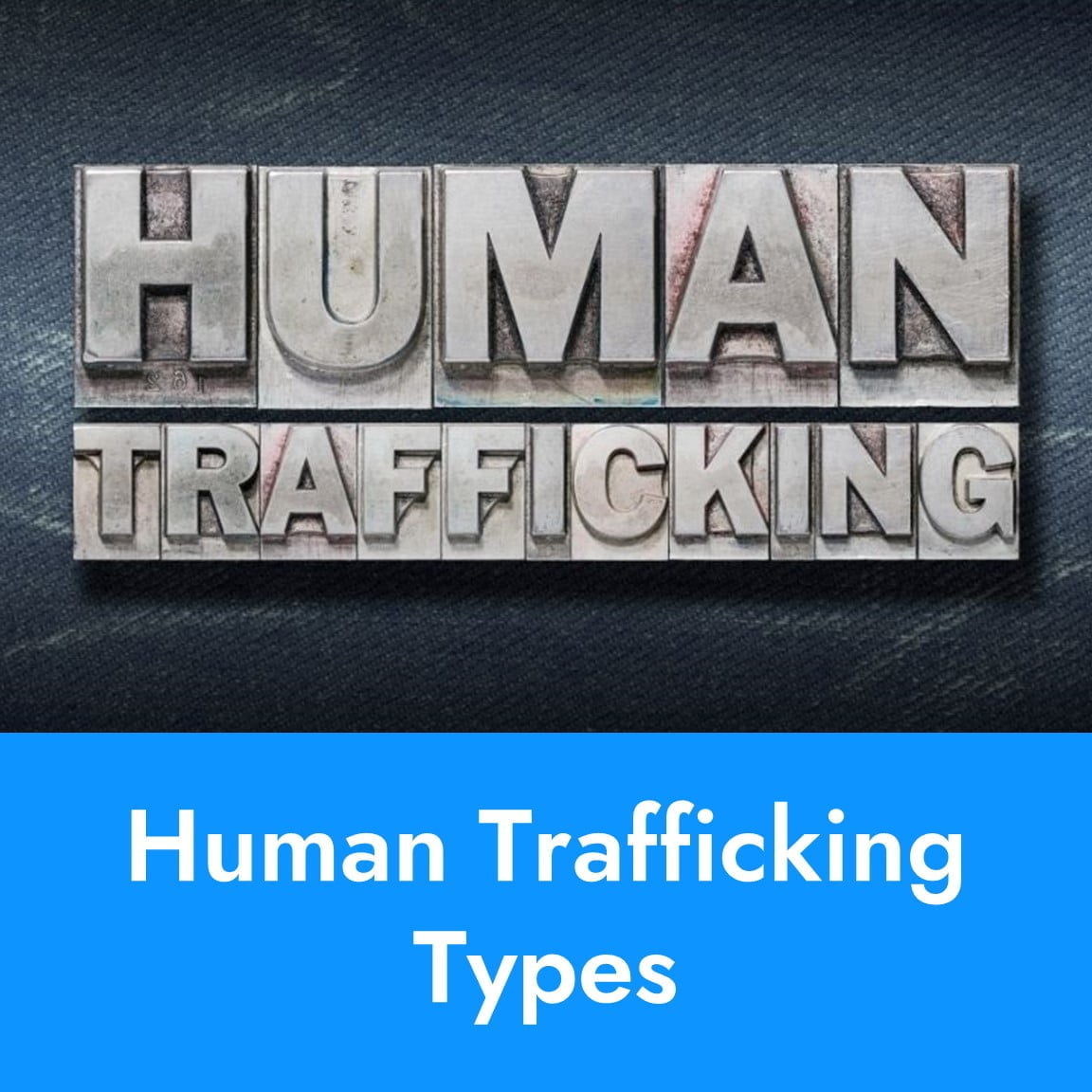Answers to the top ten questions about human trafficking (#1 “What is human trafficking?”)
Human trafficking is a serious issue that affects millions of people around the world.
It is a form of modern slavery that involves the exploitation of people for labor, sexual exploitation, and other forms of exploitation.
Learning about human trafficking can help people understand the issue and its consequences, and can also help people identify the signs of human trafficking and know what to do if they suspect that someone is being trafficked.

#1 What is human trafficking?
Human trafficking is a crime that involves the exploitation of people for forced labor or commercial sex. In truth, human trafficking is a serious crime and a grave violation of human rights. To clarify, it affects people of all ages, genders, and backgrounds, and it can take many different forms, including sex trafficking, labor trafficking, and organ trafficking.
One easy way to remember the definition of human trafficking? The AMP Model.

The AMP Model Requirements of the Trafficking Victims Protection Act (TVPA)
The Trafficking Victims Protection Act has three requirements for any act to be considered human trafficking: an ACTION, a MEANS, and a PURPOSE.
- ACTION. The act: Recruitment, transportation, transfer, harboring, or receipt of persons.
- MEANS. The means: Threat or use of force, coercion, abduction, fraud, deception, abuse of power or vulnerability, or giving payments or benefits to a person in control of the victim. (Not necessary in the case of minors in America.)
- PURPOSE. The purpose: For the purpose of commercial exploitation, which includes exploiting the prostitution of others, sexual exploitation, forced labor, slavery or similar practices and the removal of organs.
Read more about the TVPA here.
Here's a short video that can help you understand.
Read an in-depth discussion of human trafficking: More Than Meets the Eye: The Immense Web of Human Trafficking and Its Vast Implications.
Click here to learn more about this topic.
#2 How prevalent is human trafficking?
The prevalence of modern-day slavery is difficult to determine, as it is often hidden and difficult to detect. However, according to the Global Estimates of Modern Slavery: Forced Labour and Forced Marriage, an estimated 40.3 million people are subjected to modern slavery and human trafficking worldwide. This includes 25 million people who are subjected to forced labor, and 15.4 million people who are in forced marriages. Modern slavery and human trafficking are global problems that affect people of all ages, genders, and nationalities. Above all, these crimes are often hidden and difficult to detect, and they require continued efforts to prevent and combat them.

Click here to find more articles related to this question.

#3 What are the main forms of human trafficking?
There is more than one human trafficking type. Human trafficking can refer to sex trafficking, labor trafficking, and / or organ trafficking.
- Sex trafficking is compelling someone to engage in commercial sex acts. This can include prostitution, pornography, and other forms of sexual exploitation.
- Labor trafficking is exploiting someone for labor or services. This can include forced labor, domestic servitude, and other forms of exploitation.
- Organ trafficking is the illegal trade of organs for transplantation. This can involve forcing someone to donate an organ against their will, or buying or selling organs on the black market.
Click here to find more articles related to this question.
#4 Who are the victims of human trafficking?
To be a victim of human trafficking means to be exploited for labor, sexual exploitation, or other forms of exploitation through the use of force, fraud, or coercion. Victims of human trafficking may be forced to work in factories, on farms, in domestic work, or in other industries. They may be forced into prostitution or other forms of sexual exploitation. They may be tricked or coerced into selling their organs or other body parts.
Victims of human trafficking often face physical, emotional, and psychological harm as a result of their exploitation. They may be subjected to violence, threats, or other forms of abuse. They may be isolated from their families and communities, and may have difficulty accessing help or support.

Overall, being a victim of human trafficking is a traumatic and dehumanizing experience, and it is important to provide victims with the support and resources they need to escape their traffickers and rebuild their lives.
Click here to find more articles related to this question.
#5 What are the common signs of human trafficking?
There are several signs that may indicate that someone is a victim of human trafficking. These can include:
- Lack of control over their own identification documents, such as a passport or ID card
- Signs of physical or sexual abuse, such as bruises or scars
- Lack of control over their own money, or being unable to account for large amounts of cash
- Being forced to work long hours without breaks or time off
- Being isolated from friends and family, or being unable to move freely
- Being in a situation where they are unable to leave or leave on their own accord
- Fear of law enforcement or other authorities
Click here to find more articles related to this question.
#6 How is human trafficking prosecuted?
Prosecution is the legal process of bringing a criminal or civil case against an individual or organization in a court of law. In criminal cases, the prosecution is usually carried out by a government agency, such as a district attorney's office, on behalf of the state or federal government. The prosecution's job is to present evidence and arguments to convince the court that the defendant is guilty of the crime they have been charged with. In civil cases, the prosecution may be carried out by an individual or organization who is seeking damages or some other form of relief from the defendant. The prosecution must prove their case by a preponderance of the evidence, which means that it is more likely than not that the defendant is liable for the damages or other relief sought.
Human trafficking is prosecuted under various laws, depending on the specific circumstances of the case and the location where the trafficking occurred. In the United States, for example, human trafficking is prosecuted under federal and state laws that make it illegal to recruit, harbor, transport, provide, or obtain a person for labor or services through the use of force, fraud, or coercion. These laws also make it illegal to engage in sex trafficking, which is the act of forcing someone to engage in sexual activity in exchange for something of value, such as money or drugs.
Click here to find more articles related to this question.
#7 How can I report a case of human trafficking?
If you suspect that someone you know is being trafficked, or if you are a victim of trafficking yourself, it is important to report the situation to the authorities. Some contact details are below. You can also contact local law enforcement or the FBI if you believe that a crime is currently being committed or if you are in immediate danger.
 If you or someone you know needs help
If you or someone you know needs help
NOTE: It is with concern and sadness that we MUST inform you that calling your local police may not be the best IMMEDIATE course of action in all cases.
It is an unfortunate fact that many police departments have not had the training to understand how to perform trauma-informed, victim-centric intake, so this is why we suggest calling the National Human Trafficking Hotline at 888.373.7888 to have them reach local law enforcement.
ALWAYS call 911 immediately if you believe a guest is in an emergency situation or if there is a child involved.
The National Human Trafficking Resource Center is also known as the National Human Trafficking Hotline.
If you are not sure that someone is being trafficked, but you are suspicious, we recommend you call the National Human Trafficking Hotline at 888.373.7888 or text 233733 regarding assistance for victims of human trafficking. Even if you aren't sure what you saw was trafficking, the hotline staff can help make that determination.
Follow the instructions from National Human Trafficking Hotline staff. They may advise you to connect with local law enforcement.
U.S. Department of Labor, Wage + Hour Division: (866.487.9243)
U.S. Department of Labor OIG Hotline: 202.693.6999 or 800.347.3756 [email protected]
The U.S. Dept. of Justice Trafficking in Persons + Worker Exploitation Task Force Complaint Line: 888.428.7581 Open 9:00am to 5:00pm (EST)
From the FBI site as of Nov 2022:
If you are a human trafficking victim or have information about a potential trafficking situation, call the National Human Trafficking Resource Center (NHTRC) at 1-888-373-7888 or text 233733. NHTRC is a national, toll-free hotline, with specialists available to answer calls from anywhere in the country, 24 hours a day, seven days a week. You can also submit a tip on the NHTRC website.
If you believe a child is involved in a trafficking situation, submit a tip through the National Center for Missing & Exploited Children's CyberTipline or call 1-800-THE-LOST. FBI personnel assigned to NCMEC review information that is provided to the CyberTipline.
IN TEXAS, if you have information for law enforcement regarding suspicious activity related to human trafficking, connect with the appropriate law enforcement agents at iWatchTX at iWatchTX.org or 844.643.2251.
#8 How can we prevent human trafficking?
Prevention refers to actions or measures that are taken to avoid or stop something from happening. Prevention can apply to a wide range of situations and contexts, including crime, illness, accidents, and environmental damage. In the context of public health, prevention refers to strategies and interventions that aim to prevent the occurrence of diseases or other health problems. Prevention can also refer to measures that are taken to reduce the likelihood or severity of potential risks or hazards, such as installing smoke detectors in a home to prevent fires.
There is no one-size-fits-all solution to preventing human trafficking, but some steps that can be taken to help reduce the prevalence of this crime include:
- Educating people about the dangers of human trafficking and how to recognize the signs of someone who may be a victim.
- Strengthening laws and law enforcement efforts to crack down on traffickers and hold them accountable for their crimes.
- Supporting organizations that provide services to victims of trafficking, such as shelters, legal aid, and counseling.
- Working to address the underlying factors that make people vulnerable to trafficking, such as poverty, lack of education, and discrimination.
- Raising awareness about the issue of human trafficking through public campaigns and media coverage.
- It is important for everyone, including individuals, communities, and governments, to take action to prevent human trafficking and support efforts to combat this crime.
Click here to find more articles related to this question.
#9 What is the impact of human trafficking on society?
Human trafficking has a devastating impact on both individuals and society as a whole. On an individual level, victims of trafficking may suffer from physical and psychological trauma, including injuries, illness, and the effects of abuse and neglect. They may also face challenges in rebuilding their lives and finding support and resources to help them recover.
On a societal level, human trafficking undermines the rule of law and erodes the trust and safety of communities. It also has economic and social costs, such as lost productivity, increased health care and criminal justice expenses, and damage to a country's reputation and international relationships.
Furthermore, human trafficking is a violation of the fundamental human rights of the individuals who are trafficked, and it goes against the principles of equality, dignity, and justice that are essential to a fair and just society.
Click here to find more articles related to this question.
#10 What is the role of government in addressing human trafficking?
The government plays a crucial role in addressing human trafficking and supporting efforts to combat this crime. Some of the ways that governments can take action to prevent and address human trafficking include:
- Enacting and enforcing laws that criminalize human trafficking and provide protections for victims.
- Providing funding and support to organizations that provide services to victims of trafficking, such as shelters, legal aid, and counseling.
- Working with other governments and international organizations to share information, coordinate efforts, and develop strategies to combat trafficking.
- Supporting research and data collection to better understand the scope and nature of human trafficking, and using this information to inform policies and programs.
- Raising awareness about human trafficking through public campaigns and outreach to communities.
- Overall, the government has a responsibility to protect the rights and well-being of its citizens and to take action to prevent and address human trafficking.
Click here to find more articles related to this question.
